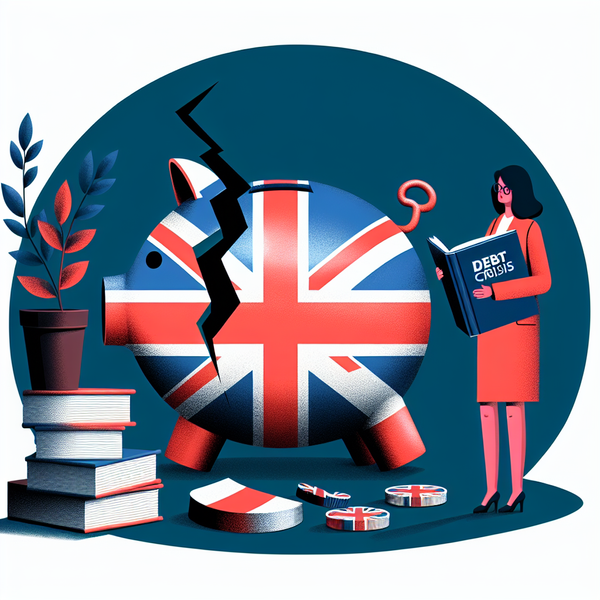Eurozone Faces Potential Recession Amid Renewed Trump Trade War Threats

Impact of Trump Trade Policies on Eurozone
The recent announcement by Donald Trump concerning a potential trade tariff of 10% on all non-US goods is sparking concerns about its substantial impact on the eurozone economy. According to ING, an investment bank, these tariffs could drive the eurozone into a recession marked by sluggish growth and economic instability. In particular, the already struggling German economy could be hard hit due to its reliance on trade with the US, particularly in the automotive sector.
Economic Uncertainty Looming
The uncertainty surrounding Trump's potential policies, especially his unclear positions on Ukraine and NATO, has further exacerbated economic confidence issues that had shown signs of stability in recent times. ING warns that the fears of a trade war could start affecting the eurozone economy as early as the beginning of the year, even though tariffs may not be enforced until late 2025. This risk highlights the delicate balance of economic policies and external trade relations affecting European market stability.
European Central Bank's Potential Measures
Given the looming threat of recession, the European Central Bank (ECB) is poised to take proactive steps to protect the eurozone economy. A significant measure under consideration is a rate cut, with expectations of a 50 basis point cut in their next December meeting. This move is anticipated to lower the deposit rate to at least 1.75% during the summer, potentially followed by further easing measures towards the end of 2025.
The ECB's intervention is deemed necessary to stabilize the eurozone's financial landscape amid the continued economic uncertainties brought about by Trump's proposed trade policies. The bank's approach will focus on reassessing economic indicators and readiness to implement further fiscal measures as required.
Market Reactions and Projections
The financial markets have already begun to react, with a noticeable slump in German carmakers' shares due to fears of increased tariffs. Such market responses reflect the broader concern over potential economic downturns influenced by global political shifts. Investors and business leaders are cautiously monitoring developments, with many emphasizing the importance of clear, strategic responses from both political and financial institutions to mitigate possible adverse effects.
In conclusion, the eurozone, and in particular Germany with its vital automotive trade ties, stands on the cusp of significant economic challenges. As policymakers evaluate response strategies to Trump's tariffs, a collective focus on maintaining economic stability and growth will be crucial for navigating the potential turbulent period ahead.




